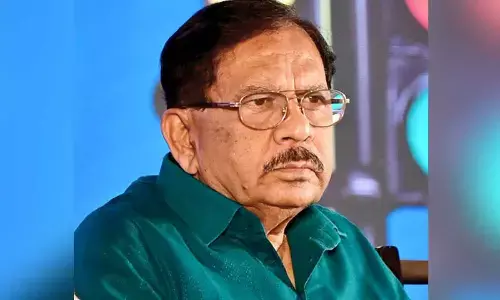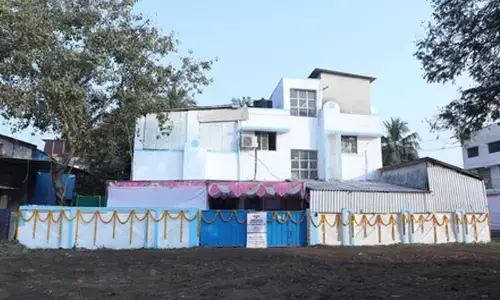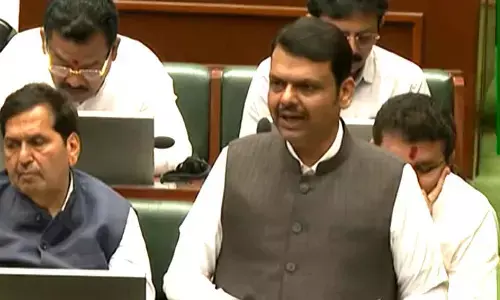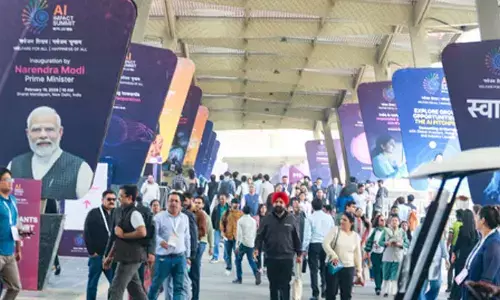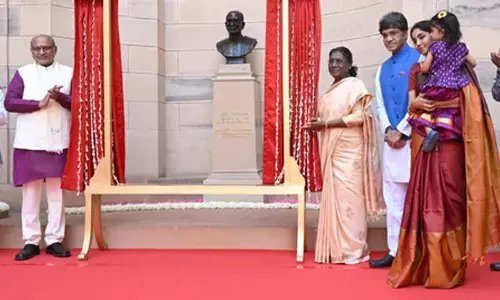Vice-President’s remonstrance
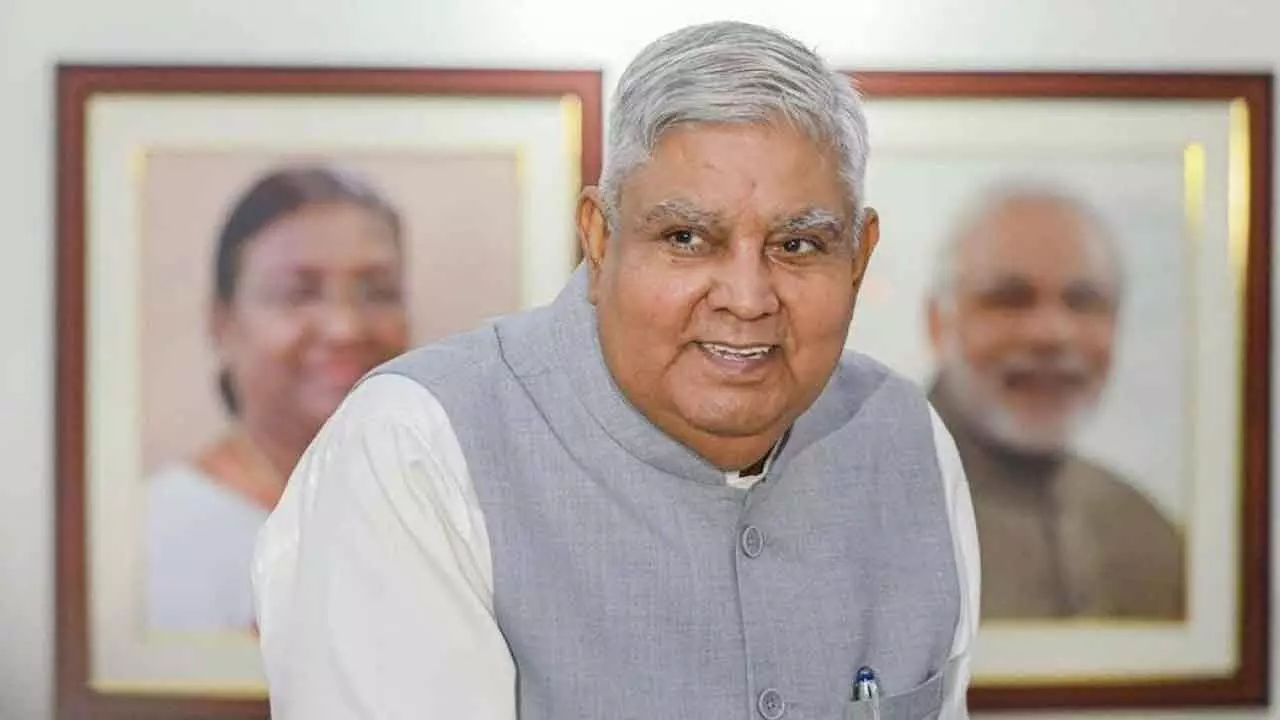
Constitutional functionaries are supposed to speak and act in deference to the Supreme Court and its rulings and not in defiance of them. But Vice-President Jagdeep Dhankhar has chosen to question the authority of the country’s top court and shown scant regard for the role assigned to it in the Constitution (‘Judiciary acting as Super Parliament’, April 18). Dhankhar has not explained what is so wrong with setting a deadline and how it diminishes the importance of the exalted office. His outburst of indignation made him look like a laughing stock. His unwarranted description of the Supreme Court as the “Super Parliament” was outside the remit of his office. His sweeping remark that Article: 142 of the Constitution has become ‘a nuclear missile available to the judiciary 24X7 against democratic forces’ is fraught with questionable motives.
The doctrine of complete justice cannot be done away with for the doctrine of parliamentary sovereignty or the will of the political executive, read, the union government to prevail. Dhankhar’s critique of the judiciary was based on his political (pro-BJP) affiliation and ideological (Hindutva) leanings and not on objective criteria. As the presiding officer of the Rajya Sabha, he seems to labour under the delusion that he is the presiding deity of Indian democracy. The loquacious Vice-President is given to giving lectures to the Opposition MPs in the Upper House. Now he has started giving lessons to the Supreme Court judges! We are left to wonder if he is making all the wrong noises out of his desperation to be elevated to the land’s highest post when the time comes. In any case, he must be reined in before crossing all red lines and straying too far and becoming unfit to continue in his present job.
G. David Milton, Maruthancode, Tamil Nadu
***
A pertinent and relevant question was raised by the Vice-President on how the Apex Court could set a time-line to the President of India who is the guardian of the Constitution of India. Whereas, all others including the V-P, PM, Judges, etc. do abide by the Constitution. The point raised by V-P on the interpretation of Art.142 of our Constitution that granted “plenary powers” to the judges of the Apex Court could be a subject of debate in the days to come, as judicial activism overriding the legislature cannot continue in the interests of the Democratic process.
On the Waqf Amendment Act 2025 also the SC is exhibiting over enthusiasm whereas the said Waqf Amendment Act was duly deliberated, studied by a JPC, and voted in both the houses of the parliament. That is legislative power and that is Supreme in a democracy. The Apex Court at best could make “suggestions”, not ‘direct’ the government (the legislature or the executive) to do this or that. If the Apex Court could negate a law made by the parliament after all the required process, then there is no need for the legislature in the first place.
Govardhana Myneedu, Vijayawada
***
The Vice-President has questioned the judiciary for setting a timeline for the President and Governors to grant assent to the Bills reserved for their consideration and also emphasised that Judiciary is acting as a Super Parliament. As a constitutional head they will perform executive functions and their actions are accountable and they are not above the law of the land. In this issue, what constitution says not to give assent as soon as possible or withhold the bills.
But now a days, to take too much of time to clear the bills and also the judgements relating to Keshavananda Bharathi case and SR Bommai case has become the norm. In case of any issue, the president will approach and take the opinions from the Supreme Court. Finally, any constitutional issue, the judiciary will interfere. Majority of the people believe that the Supreme Court has a power to set timeline for the President, Governors and Speaker.
Dr. Ch. Anand Kumar, Movva, AP
***
“The Vice President’s statement that the Apex Court is overstepping its bounds by setting a timeline for the President of India sparks a discussion about the delicate balance of power among the three pillars of democracy viz the Legislature, Executive, and Judiciary.
The Vice President’s remarks come after the Supreme Court fixed a timeline for the President and Governors to grant assent for bills sent for their consideration (Hans India dt 18-4-25) aiming to prevent undue delays and ensure accountability.”
Ganti Venkata Sudhir, Secunderabad



